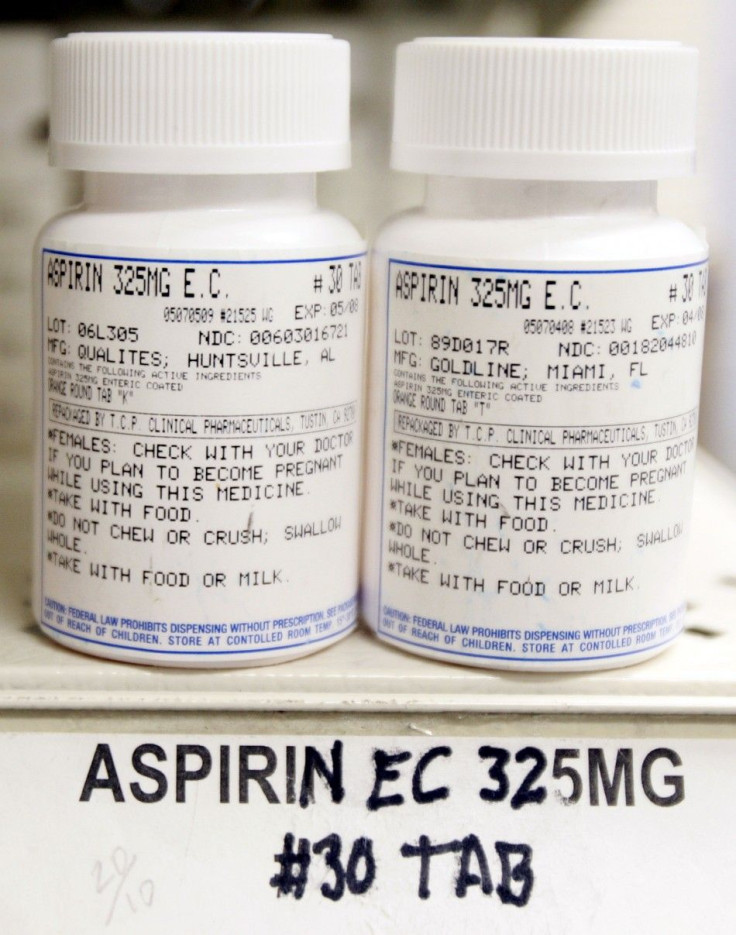17 OTC meds in Australia don't need prescriptions anymore

The Australian Government has decided to remove the subsidy on 17 commonly available medicines from 2016. That is, such over-the-counter medicines, including aspirin and paracetamol, will not be subsidised anymore under the Pharmaceutical Benefits Scheme (PBS).
According to the Australian Health Minister Sussan Ley, the government would end up saving about $500 million in the next five years by removing the common drugs for heartburn, headache and constipation from the PBS. The medicines are scheduled to be taken off from the scheme from Jan. 1, 2016.
The minister further said that the decision is motivated by the fact that concessional patients “were sometimes paying two to three times the retail price of common medicines when they bought them through a prescription rather than over the counter,” reports The Guardian.
Ley further said that due to the inconsistencies in the system, sometimes patients and taxpayers pay a higher price unnecessarily when they can get the same drug off the shelf at a much cheaper price. Some of the drugs covered under the change include constipation medication, aspirin, folic acid tablets, skin allergy creams, Panadol Osteo and Panamax and antacid Mylanta.
Under the current scheme, a 100-table pack of paracetamol with cost less than $2 costs $12 to someone who purchases it with a prescription. Out of $12, nearly half of the amount is paid by the taxpayer and the rest half is paid by the patient through the PBS concessional co-payment.
The new changes will not prevent the patients from consulting their doctors on the use of over-the-counter pills. The government is hopeful that the money saved from the changes introduced can be used to invest in new treatments and life-saving medicines.
Contact the writer at feedback@ibtimes.com.au, or let us know what you think below.





















